 |
 |
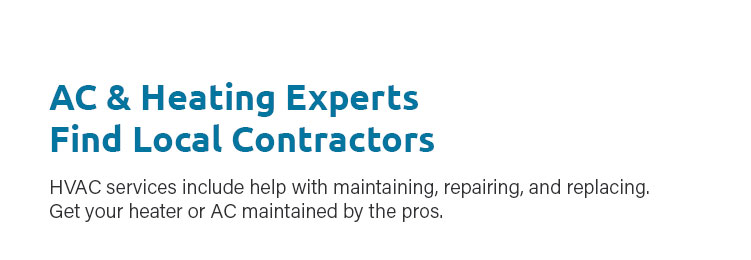 |
 |
 |
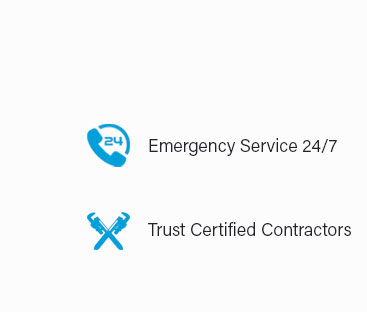 |
 |
 |
 |
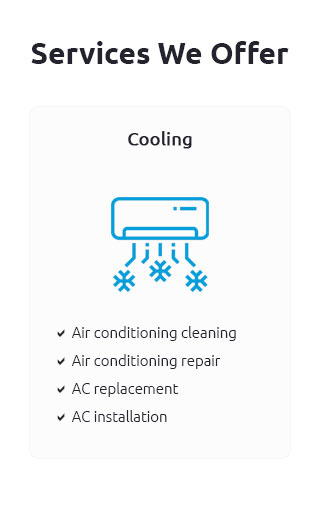 |
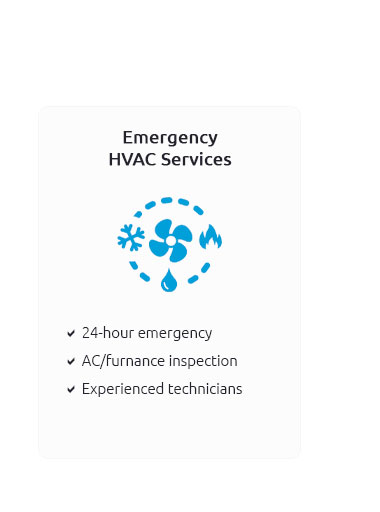 |
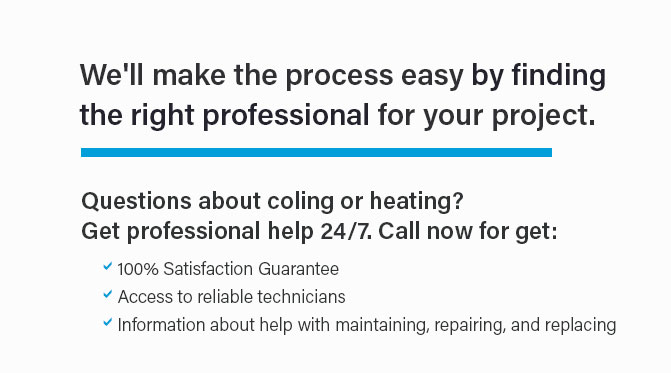 |
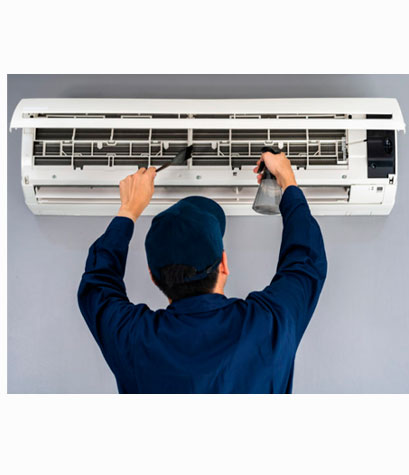 |
 |
 |
 |
The Intricacies of AC System Repair: Best Practices and Common Queries AddressedAir conditioning systems, those silent workhorses of modern comfort, are essential in maintaining a serene indoor climate, particularly during the sweltering months of summer. However, like all mechanical systems, they are not immune to wear and tear. Understanding the nuances of AC system repair can empower homeowners to make informed decisions, ensuring both efficiency and longevity of their cooling systems. This article aims to elucidate some of the best practices in AC repair while addressing common questions that often baffle consumers. Firstly, diagnosis is key. Before any repair can commence, a thorough inspection of the system is essential. This process involves checking the thermostat settings, ensuring that all electrical connections are tight, and examining the air filter, which should be clean and free from obstructions. A clogged filter not only reduces efficiency but can also lead to more significant issues if not addressed promptly. Many professionals recommend changing the filter every three months, though this can vary based on usage and environmental factors. Refrigerant levels are another critical aspect of AC maintenance. Insufficient refrigerant is a common culprit behind poor cooling performance. However, it is vital to note that the refrigerant should never be topped off without identifying the underlying cause of its depletion, as this usually indicates a leak. Addressing leaks can be complex, requiring specialized equipment and knowledge, which is why it is often best left to experienced technicians.
Homeowners often wonder about the ideal frequency of professional maintenance. While some argue for annual check-ups, others suggest a more flexible approach depending on the age and condition of the system. However, regular inspections can preempt costly repairs and ensure the system operates at peak efficiency. In terms of DIY repairs, while changing filters and cleaning accessible parts of the unit can be safely done by most homeowners, more intricate repairs should be approached with caution. Attempting to fix electrical components or handling refrigerants without proper training can be dangerous. In conclusion, maintaining an air conditioning system requires a blend of routine checks, timely interventions, and professional expertise. While some might view professional services as an added expense, they often prove to be a worthwhile investment, safeguarding the unit's performance and extending its lifespan. As we continue to rely on these systems for comfort, understanding the fundamentals of their repair and maintenance becomes ever more crucial. Whether you choose to delve into DIY maintenance or opt for expert assistance, the key is to remain proactive and informed. https://www.affordableautorepairmiamifl.net/AC-repair-Miami.html
Hoses supplying the AC unit can crack, clog, or develop leaks if neglected. Let us service your car or truck to keep your cooling system operating at its best. https://airsolutionrepair.com/emergency-ac-repair-miami/
Coolant Level. This should be checked regularly for the air conditioning unit to work at maximum efficiency. - Thermostat. Our professionals will check and ... https://airprosusa.com/miami/air-conditioner/
If your unit is leaking refrigerant or freon, we can run a diagnostics on your central ac system to establish the problem. Miami, FL AC repair is a strong focus ...
|